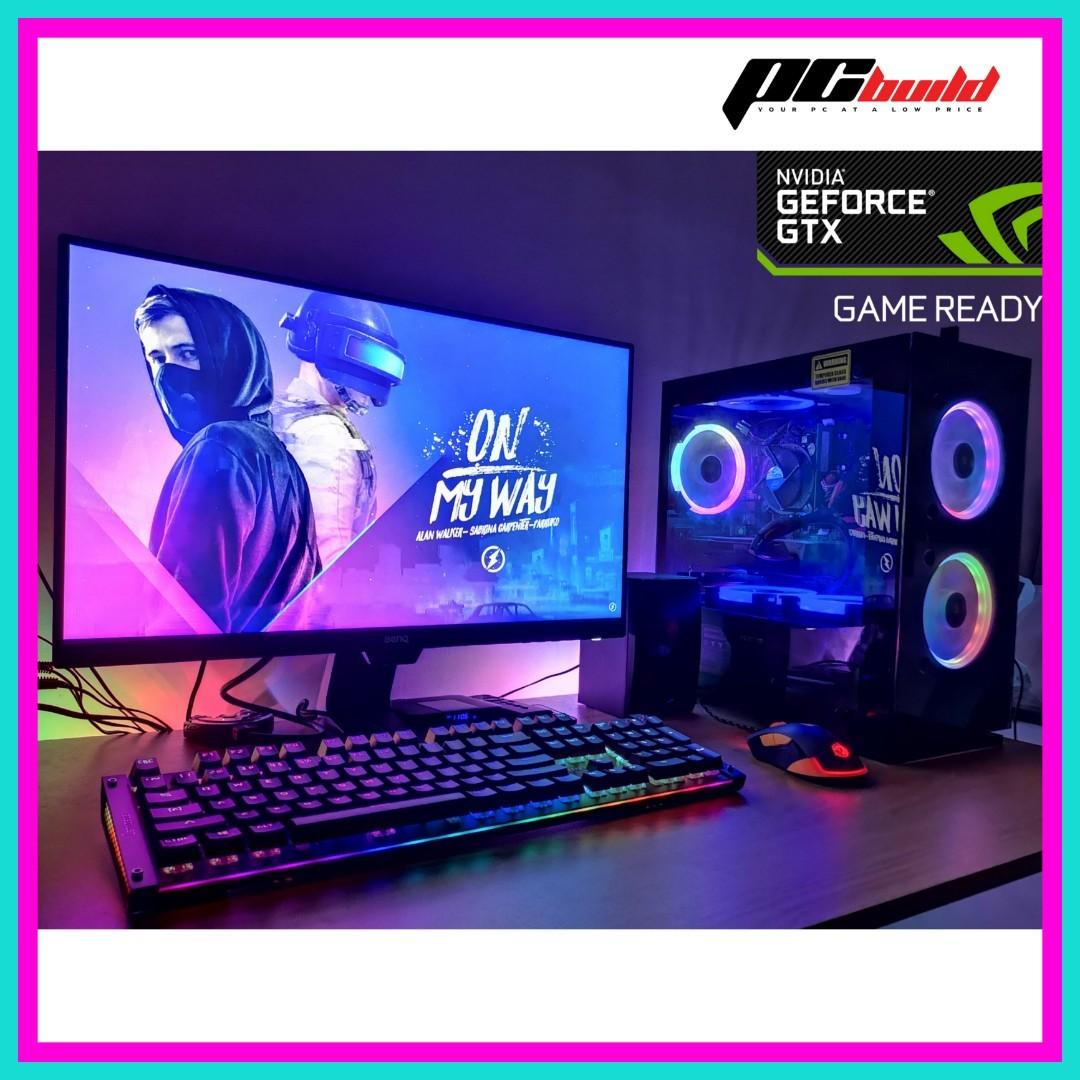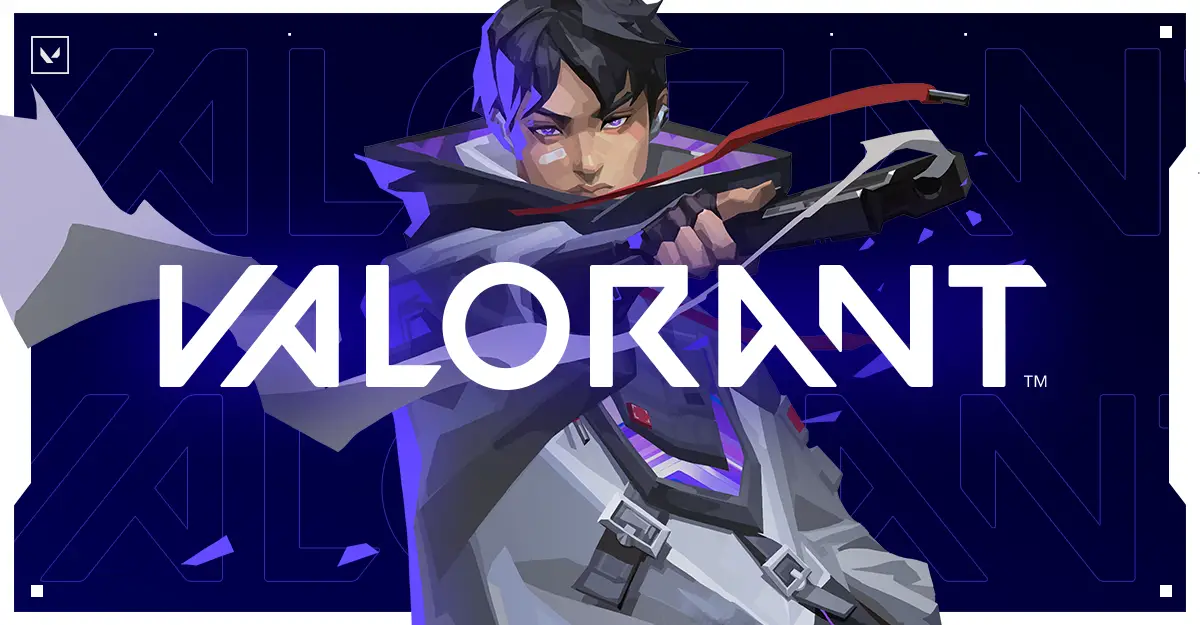Valorant, the popular tactical first-person shooter, has taken the gaming world by storm. Its competitive gameplay, low system requirements, and free-to-play model have attracted millions of players worldwide. But with its focus on precise aiming and fast-paced action, many players wonder: is Valorant a CPU-based game?
In this article, we will delve deep into this question and provide you with all the information you need to understand the role of the CPU in running Valorant smoothly.
Contents
- What are Valorant’s System Requirements?
- The Role of CPU in Running Valorant
- How to Check if Your CPU is Compatible with Valorant
- Optimizing Your CPU for Better Performance in Valorant
- Comparing Valorant’s CPU Usage with Other Popular Games
- Tips for Choosing the Right CPU for Playing Valorant
- Video
- Conclusion
What are Valorant’s System Requirements?

Before we can determine if Valorant is a CPU-based game, let’s take a look at its system requirements. According to Riot Games, the minimum and recommended hardware specifications for Valorant are as follows:
| Minimum Requirements | Recommended Requirements |
|---|---|
| OS: Windows 7/8/10 | OS: Windows 7/8/10 |
| CPU: Intel Core i3-370M or AMD Phenom X3 8750 | CPU: Intel Core i5-4460 or AMD FX-8120 |
| RAM: 4GB | RAM: 4GB |
| GPU: Intel HD 3000 or NVIDIA GeForce GT 730 or AMD Radeon R5 240 | GPU: NVIDIA GeForce GTX 1050 Ti or AMD Radeon RX 560 |
| VRAM: 1GB | VRAM: 2GB |
| Storage: 8GB | Storage: 8GB |
As you can see, the minimum requirements are relatively low, making it accessible for most players. However, the recommended requirements are slightly higher, indicating that the game may require more resources to run smoothly. This brings us to our next question: what role does the CPU play in running Valorant?
The Role of CPU in Running Valorant

The CPU, or Central Processing Unit, is often referred to as the “brain” of a computer. It is responsible for executing instructions and processing data, making it a crucial component in running any software, including games. In Valorant, the CPU is responsible for handling game logic, physics, and other critical tasks that are essential for smooth gameplay.
Game Logic
Game logic refers to the rules and mechanics that govern the behavior of objects and characters in a game. In Valorant, this includes things like player movement, shooting, and abilities. The CPU is responsible for processing these actions and ensuring they happen accurately and in real-time. This means that a powerful CPU is necessary for precise aiming and quick reaction times in the game.
Physics
Physics in games refers to how objects interact with each other and their environment. In Valorant, this includes things like bullet trajectory, recoil, and character movement. The CPU is responsible for calculating and simulating these physical interactions, which can be quite demanding, especially in a fast-paced game like Valorant.
Other Critical Tasks
Apart from game logic and physics, the CPU also handles other important tasks such as AI (Artificial Intelligence) and networking. In Valorant, AI is used for enemy bots and agents’ behavior, while networking is responsible for connecting players to servers and maintaining a stable connection during gameplay. These tasks require a significant amount of processing power, and a capable CPU is necessary for a smooth gaming experience.
How to Check if Your CPU is Compatible with Valorant

Now that we understand the role of the CPU in running Valorant let’s see how you can check if your CPU is compatible with the game. Here are some easy steps to follow:
- Open the Start menu and type “System Information” in the search bar.
- Click on the “System Information” app to open it.
- Under the “System Summary” section, look for the “Processor” entry. This will show you the model and speed of your CPU.
- Compare your CPU’s specifications with the minimum or recommended requirements listed earlier in this article.
If your CPU meets or exceeds the recommended requirements, then you should have no problem running Valorant. However, if it falls short, you may experience performance issues, and it might be time to consider upgrading your CPU.
Optimizing Your CPU for Better Performance in Valorant

If you find that your CPU is struggling to run Valorant smoothly, there are a few things you can do to optimize its performance. Here are some tips and tricks to help you get the most out of your CPU while playing Valorant:
Close Unnecessary Programs
Running multiple programs simultaneously can put a strain on your CPU, causing it to slow down. Before launching Valorant, make sure to close any unnecessary programs and background processes. This will free up resources for the game to use, resulting in better performance.
Update Your Drivers
Outdated drivers can cause compatibility issues and affect your CPU’s performance. Make sure to regularly update your graphics card and CPU drivers to ensure they are optimized for running Valorant.
Adjust In-Game Settings
Valorant offers a variety of in-game settings that you can adjust to improve performance. Lowering the graphics quality, turning off V-Sync, and reducing the resolution can all help reduce the load on your CPU and result in smoother gameplay.
Comparing Valorant’s CPU Usage with Other Popular Games
To get a better understanding of how demanding Valorant is on your CPU, let’s compare its CPU usage with other popular games. We will be using data from the website PCGameBenchmark, which provides information on the average CPU usage for various games.
| Game | Average CPU Usage |
|---|---|
| Valorant | 30% – 40% |
| Fortnite | 50% – 60% |
| Apex Legends | 70% – 80% |
| Call of Duty: Warzone | 90% – 100% |
As you can see, Valorant has a relatively low CPU usage compared to other popular games. This is due to its optimized game engine and lower system requirements, making it accessible for a wider range of players.
Tips for Choosing the Right CPU for Playing Valorant
If you’re in the market for a new CPU specifically for playing Valorant, here are some factors to consider:
Clock Speed
The clock speed, measured in GHz, determines how fast a CPU can process instructions. A higher clock speed means faster performance, which is crucial for games like Valorant that require quick reactions and precise aiming.
Number of Cores
The number of cores in a CPU determines how many tasks it can handle simultaneously. For gaming, a quad-core processor is generally recommended, but if you plan on multitasking while playing, you may want to consider a CPU with more cores.
Single-Thread Performance
Single-thread performance refers to how well a CPU can handle a single task. As mentioned earlier, the CPU is responsible for processing game logic and physics in Valorant, so having a CPU with good single-thread performance is essential for smooth gameplay.
Video
Conclusion
In conclusion, while Valorant does rely heavily on the CPU for critical tasks such as game logic and physics, it is not considered a CPU-based game. Its optimized game engine and lower system requirements make it accessible for a wide range of players.
However, having a powerful CPU is still necessary for optimal performance and competitive play. We hope this comprehensive guide has provided you with all the information you need to understand the role of the CPU in running Valorant and how to ensure your system is ready for the challenge. Happy gaming!

Information Security Asia is the go-to website for the latest cybersecurity and tech news in various sectors. Our expert writers provide insights and analysis that you can trust, so you can stay ahead of the curve and protect your business. Whether you are a small business, an enterprise or even a government agency, we have the latest updates and advice for all aspects of cybersecurity.

